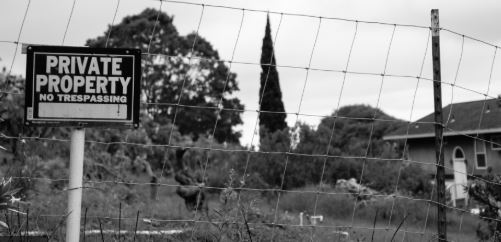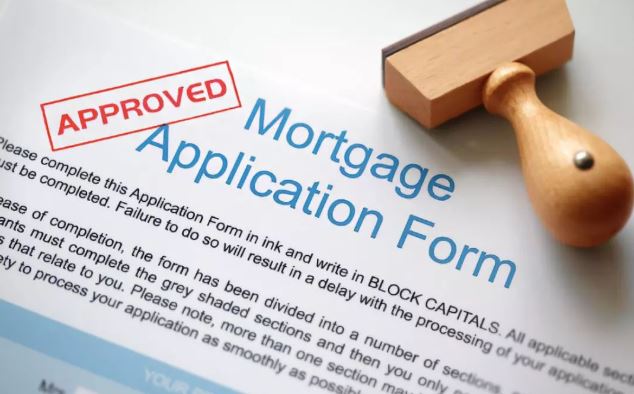Caveat (lien) and Private Caveat?

Caveat, also known as lien, is a right that can be exercised on the title of real estate. Any real estate with Caveat cannot be traded without the consent of the lien holder (Caveator). Example: A borrows money from B, and B uses the property as collateral, then A has the right to make the lien on the title of B’s property, thereby preventing B from disposing of his property. Anyone can apply for a lien with the Bureau of Land Management (LPI), but there is no legal reason, the applicant may face huge compensation.

Private Caveat?

A private caveat is a legal action that prevents the property from being transferred, mortgages, leases, and grants of easement. When the industry is frozen, the above actions will be prohibited. Only after the freezing order is removed or with the consent of the person applying for the freezing order, the industry can be bought and sold.
The purpose and meaning of the warning notice “caveat” is more complicated. First, let’s explain the property rights. There are many kinds of real estate rights and interests, including mortgage rights, priority lease rights, priority purchase rights and so on. The warning notice is a pre-emptive mechanism to legally protect these rights. How does this mechanism work? First of all, beneficiaries of equity must have valid documents to prove equity, such as loan agreements, property purchase agreements, etc. Then, the beneficiary needs to ask a lawyer to apply for the warning notice on the deed of the property. Registration is usually completed on the same day. Next, the title deed of the property will be displayed publicly, and the warning notice has been registered. Note that it is not necessary for the homeowner to sign the application for this warning notice. This is a unilateral application, so we call it a pre-emptive mechanism.
Once the warning notice is successfully registered, the homeowner must notify the equity beneficiary of any future transaction, mortgage or sale of the property. Once the beneficiaries of the equity are informed, they can immediately take corresponding actions and choose to agree or oppose the relevant behavior of the owner on the property. If you choose to object, the beneficiary of the rights and interests must be prepared to go to court and use the valid documents signed at that time as relevant evidence to prevent the homeowner from performing any actions on the property.
Generally speaking, as long as the valid documents are not disputed, most cases are resolved before going to court. Therefore, the warning notice is a quick, cheap and effective measure to protect the beneficiaries of rights and interests. So, what do we need to pay attention to by understanding the above? Obviously, that is a valid document that proves rights and interests, and it must be a legal and reasonable formal document. These documents generally need to be drafted by a lawyer to ensure their integrity and legality.
The caveat has a aging period of 6 years and the cost is about RM350.

What if the industry is frozen?
There are usually two situations to solve this problem:

- Go to the land bureau to apply for revocation, and the land bureau will notify the other party that it will be revoked after two months.
- Go to court to revoke, subpoena the person under caveat
But it does not rule out that different situations will have different details, it is best to consult a professional lawyer for consultation. So who can put caveat? Anyone can put caveat, but it must have an ‘interest relationship’ with the industry. It is a responsibility to apply for an industry freeze order, and it will be called when the time comes. It must explain “why are you applying to freeze the industry?” The legitimate reason is to compensate the owner for all losses.
To put it simply, anyone can apply for an industry freezing order. The key point is that the parties and the industry have an “interested relationship” to be effective. It is not just to freeze it if you like it casually, otherwise the court will be sentenced to lose the case and you must compensate the owner. Loss. Therefore, before putting caveat, make sure to consult a professional lawyer if there are sufficient reasons (to avoid losing yourself at the time) to be informed that the industry will be caveat, and do n’t panic, information professional lawyer details and details. Negotiate with the other party. Generally, entering a lawsuit is time-consuming and time-consuming, and it can be beneficial for both parties to resolve it privately.

The purpose of Caveat when buying a house

Caveator must have valid documents to prove its rights. For buyers, such documents include home purchase contracts, and loan contracts. Then, the buyer needs to apply for the registration of Caveat on the title deed of the property through a lawyer. In this way, the title deed of the property will publicly show that the buyer has the right to purchase the property. It is worth noting that the application for Caveat is signed without the consent of the host.
Before you buy a property, you must do a property rights investigation. If you find Caveat, it means that a third party has an interest in the property you want to buy. The most common case is that the owner of the property has debts, so the creditor (Creditor ) Register a Caveat on the property so that the property cannot be traded until the homeowner’s debts are paid off. Buyers must confirm that the Caveat on the title deed has been removed before signing the house purchase contract.

